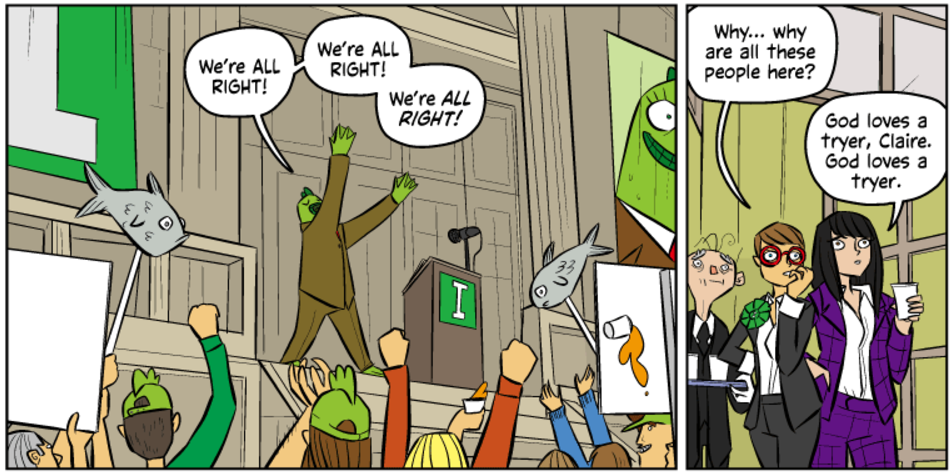"Intelligent transportation communication systems"?
This morning's email brought an invitation to contribute to a "Special Issue on Intelligent Transportation Communication Systems" (for this journal). It took me a little while to figure out that conversing with cars (which I'm definitely in favor of) was not what they had in mind. And this process reminded me of how difficult it can be for humans — never mind machines — to figure out how to parse complex nominals in English. (See "The Stress and Structure of Modified Noun Phrases in English" for some antique thoughts on the subject…)
Read the rest of this entry »



